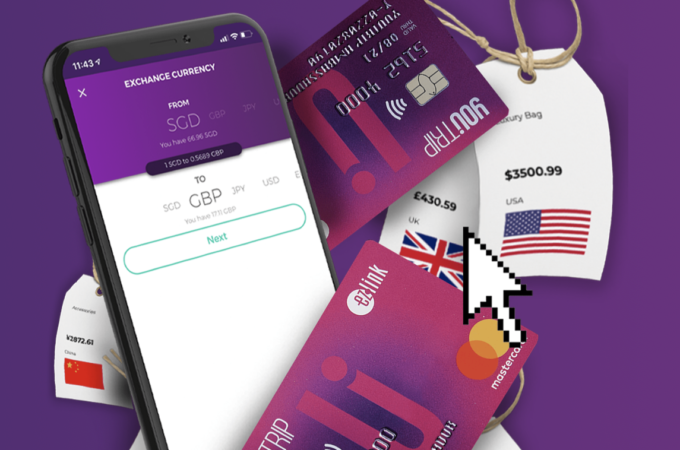
Peer-to-peer companies set their sights on disrupting the insurance industry
By Luke Graham for CNBC
Start-ups are using new strategies to bring disruption to the trillion-dollar insurance industry.
One such company is the peer-to-peer lender Lemonade, which became a licensed insurance carrier this week by the state of New York and plans to offer home insurance policies to homeowners at $35 per month and to renters at just $5 per month. It claims to have digitized the insurance process, replacing insurance brokers and paperwork with AI robots.
Peer-to-peer insurers put customers into groups based on a shared factor, usually the type of policy. The group’s members pool all their premiums, and payment for insurance claims come from the pool. In Lemonade’s case, customers are asked to pick from a range of charities to create their pool.
“Technology drives everything at Lemonade” said Shai Wininger, president and co-founder of Lemonade, in a press release. “From signing up to submitting a claim, the entire experience is mobile, simple and remarkably fast. What used to take weeks or months now happens in minutes or seconds.”
Lemonade’s also part of the wider business trend of social enterprise: companies which look to provide a benefit to the wider community. Lemonade charges a 20 percent fee on contributions, after which it plans to give away any unclaimed premium money to the charitable cause picked by the customer, rather than keeping the premiums as profit.
The company claims this approach will prevent fraudulent insurance claims.
“We architected Lemonade to avoid conflicts of interest. We take a flat 20 percent fee, and give unclaimed money to a cause of the policyholder’s choice,” explained other Dan Ariely, Lemonade’s chief behavioural officer, in a press release.
“Since we don’t pocket unclaimed money, we can be trusted to pay claims fast and hassle-free. As for our customers, knowing fraud harms a cause they believe in, rather than an insurance company they don’t, brings out their better nature too.”

A similar system was set up by a Berlin fintech company called Friendsurance. At the end of each year, policy holders using Friendsurance receive a cash-back bonus if they did not make a claim.
The company, which launched in 2010 and started offering policies in 2011, says policy holders can get back up to 40 percent of their premiums if they remain claims-free.
Other peer-to-peer insurance providers have emerged in recent months. For instance, Teambrella, created by a group of Russian software developers, will allow users to effectively create and control their own insurance policy.
Users will join “teams” and make contributions to a communal fund using bitcoin. When someone in the team needs to make an insurance claim, they will provide evidence to the other members of the team, who will then vote on whether or not to make a reimbursement.
“Peers control via voting each and every decision and are free to instantly delegate their votes to other peers, creating chains of trust. As long as there is no central money-handling party, every reimbursement payment to a peer is, in fact, a payment of premiums from other peers,” Teambrella’s creators explained in a white paper. “Though the total amount of premiums is not fixed, peers have full control over their spending.”
Teambrella plans to release a beta version of the platform later this year.
First appeared at CNBC





